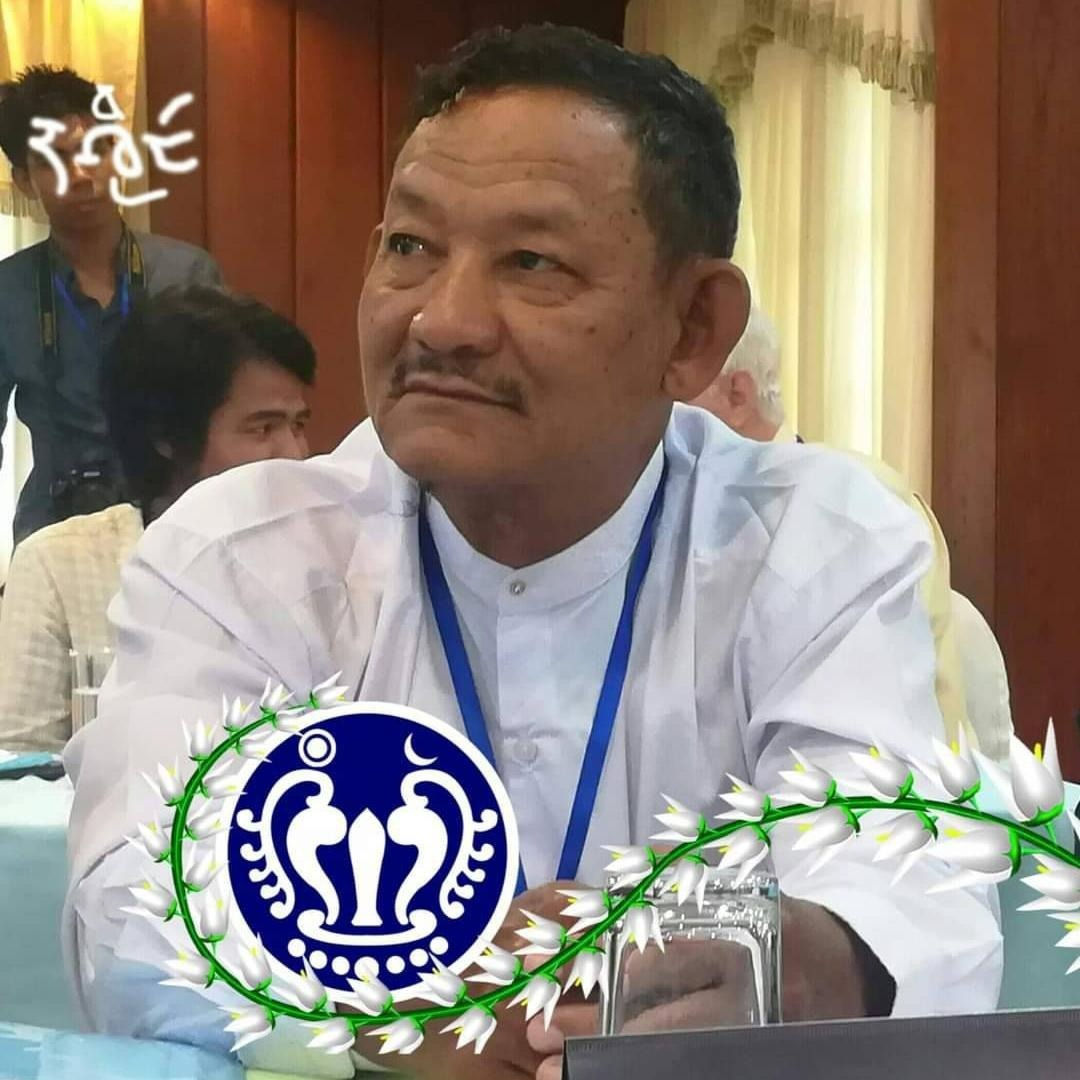“Severe cyclone Mocha that swept through Myanmar on 14 May left more than 400 deaths, and tens of thousands of people are in dire need of humanitarian assistance in seven regions and states including Rakhine. However, the cyclone-affected people have not received any relief aid until one month after the disaster, and the junt regime is restricting the travel of humanitarian organization.
This interview with U Mrat Tun, the executive director of Arakan Human Rights Defenders and Promoters Association (AHRDPA)
TLT: What is the situation of cyclone-affected people after one month of Mocha?
U Mrat Tun: There were a lot of devastations in cyclone Mocha. The victims have not received sufficient temporary shelters and foods due to restrictions which have been imposed earlier. Monsoon has started now, and it is difficult for traveling. People in remote areas have not access to relief aid in rainy season. They have no temporary shelters. Although healthcare and education facilities are being repaired, no relief aid has reached to villages which were severely devastated in Yathedang and Punnagyun townships. Schools have been reopened in the areas that did not suffer the cyclone. But it is not ready to reopen schools in the cyclone-stricken areas. If these people did not get shelters, they would suffer more health problems and other consequences.
TLT: What are the challenges of humanitarian organizations in Rakhine?
U Mrat Tun: All the authorized organizations, either the junta regime or any officials, need to facilitate in emergency relief aid programs as this is not politics or military affairs, but humanitarian works. Both the global communities and ASEAN should not neglect this restriction because hundreds of thousands of people are facing in dire of humanitarian assistance in rainy season. Blockage of food supply under this situation is very cruel and inhumane. We need to try to get permissions to deliver assistance.
TLT: What are major challenges of cyclone affected people including IDPs in Rakhine state?
U Mrat Tun: Most serious devastations occurred in Sittway, Pauktaw, Yathedaung, Punnagyun and Kyauktaw. While the areas nearby towns with easy transportation have access to relief aid, some communities in mountainous and remote areas do not receive the aid. They have not got any cover and tarpaulin for shelter. The military should help in providing them with assistance. IDP camps also have not got assistance for rehabilitation. They receive foods, but no enough shelters.
TLT: The military council imposed travel restrictions on humanitarian assistance groups to Rakhine. What difficulties have the cyclone victim faced?
U Mrat Tun: Some houses were totally destroyed. The damages occurred up to 80 to 90 percent in the whole villages. So, it is difficult for the locals to help each other.
TLT: How about the situations of pregnant women, children and elderly persons?
U Mrat Tun: Pregnant woman need healthcare. The cost for caring pregnant women is quite considerable for both monther and baby. They should be supported carefully. The elderly persons also need healthcare.
TLT: What is your view on the assistance of Arakan Army in the aftermath of Cyclone Mocha?
U Mrat Tun: The Arakan Army is clearing trees fallen onto the roads in nearby villages. They provide shelters, and pump up salt water from water facilities. They are helping cyclone victims. Meanwhile, the military council members are taking part in recovery of power-cut in Sittway city. They are not seen in rural areas.
TLT: What is your final remark on the prevailing situations?
U Mrat Tun: The cyclone occurred one month ago. Some have not received even a can of rice. The AA is distributing rice, giving galvanized iron sheets to the monasteries for roof. So, I hope effective assistance to people.

